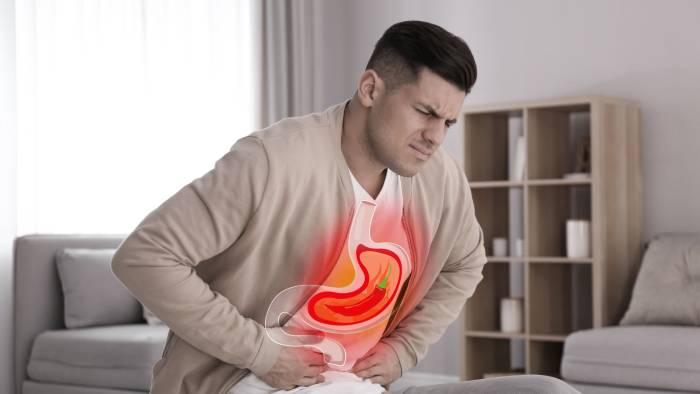
The Importance of Spotting Digestive Disorders Early
Digestive disorders encompass a wide range of conditions that can affect any part of the digestive system, from the oesophagus to the colon. Early detection of these disorders is crucial for effective treatment and management. Recognizing the early warning signs can help you seek timely medical advice and possibly prevent complications. Here are key symptoms and signs to be vigilant about:
Persistent Heartburn:
Occasional heartburn is common, but when it becomes persistent and occurs more than twice a week, it may indicate gastroesophageal reflux disease (GERD). GERD can cause damage to the oesophagus over time and may lead to more severe conditions if left untreated.
Change in Bowel Habits:
Sudden changes in bowel habits, such as constipation or diarrhoea that persist for more than a few days, can be a sign of a digestive disorder. Conditions like irritable bowel syndrome (IBS), inflammatory bowel disease (IBD), and even colorectal cancer can manifest through such changes.
Unexplained Weight Loss:
Losing weight without changes in diet or exercise habits can be a sign of a digestive disorder. It may indicate malabsorption issues, where the body isn't properly absorbing nutrients from food or could be a symptom of more serious conditions like Crohn's disease or celiac disease.
Abdominal Pain or Discomfort:
Chronic or severe abdominal pain should never be ignored. It can be a sign of various digestive issues, including gallstones, ulcers, or pancreatitis. The nature of the pain—whether it's sharp, dull, cramping, or constant—can give clues about the underlying condition.
Blood in Stool:
This is a symptom that should always be taken seriously. Blood in the stool can appear red or black and may indicate haemorrhoids, anal fissures, or more severe conditions like ulcers, diverticulosis, or colorectal cancer. Any instance of blood in the stool should prompt an immediate consultation with a Gastro Doctor in Agra.
Bloating and Excessive Gas:
While everyone experiences gas and bloating occasionally, excessive or painful bloating can indicate a digestive issue such as food intolerance, IBS, or an overgrowth of bacteria in the small intestine.
Conclusion
Recognizing these signs early and consulting with a healthcare provider can lead to a quicker diagnosis and more effective treatment. If you experience any concerning symptoms, consult a Gastro Surgeon in Agra promptly. Remember, listening to your body and taking action at the first sign of trouble can make a significant difference in your overall health and quality of life.



